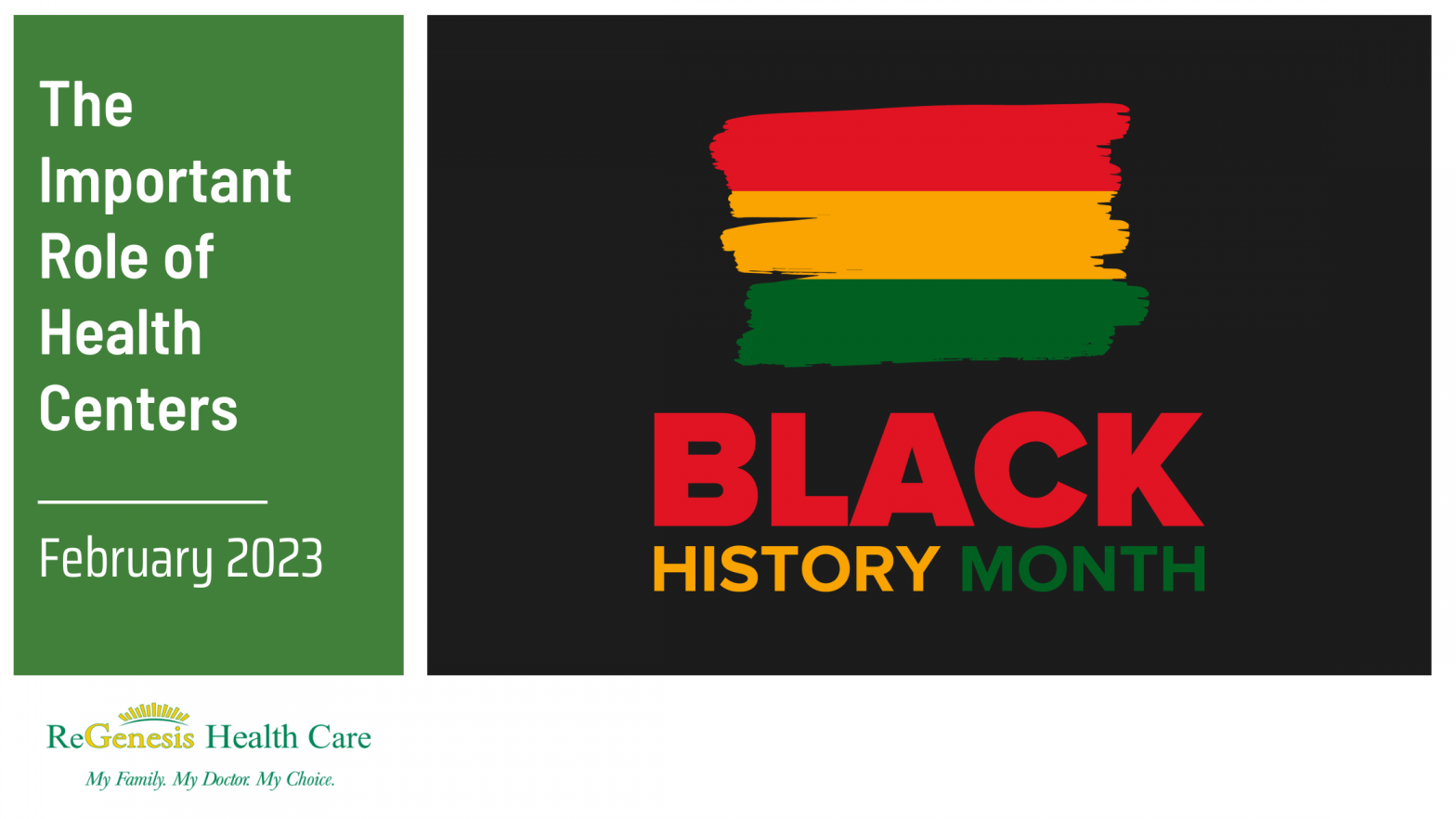Celebrating Black History Month and the Important Role of Health Centers
In honor of Black History Month, let us take a moment to remember the important role health centers have played in providing health care access to communities. Health centers are a testament to how our nation has worked towards better health equity for all.
Health centers have a rich history that is rooted in the Civil Rights Movement. During this time, health care was not accessible to many African-American and other minority communities who had been denied health care access due to racial discrimination. In order for health care providers to begin serving these populations, they needed help from the federal government to ensure funding and resources were available.
In 1965, health centers began to receive support from the federal government through President Lyndon B. Johnson’s War on Poverty initiative. This program provided health care access to underserved and disadvantaged communities across the country by providing health center grants for health care services such as primary care, preventive health services, mental health services, health education, and health promotion.
Over the years, health centers have continued to receive federal support and have grown to serve over 30 million individuals across the United States. Health centers are a vital part of our health care system as they provide affordable health care access to all – regardless of income or insurance status. They are also an important part of our health care infrastructure as they are often located in areas with limited health resources, providing health care to vulnerable communities who may not have other health care options available.
Early Pioneers
The early pioneers of the health center movement have left a lasting legacy on our healthcare system. In 1965, Dr. Robert Smith was appointed as one of the early directors of Community Health Centers (CHCs). He and his team saw an opportunity to use CHCs as a way to provide access to quality care for underserved communities who had limited access to healthcare.
Dr. Smith was a strong advocate for civil rights and saw CHCs as a way to empower communities of color. He pushed for early initiatives like providing free vaccinations, HIV/AIDS care, women’s health services, dental care and mental health services in order to provide access to quality care regardless of race or income.
Dr. Smith was part of a larger movement that also included early pioneers like Dr. Hector P. Garcia and Dr. Martin Luther King, Jr., who called for the “right to health care” in their fight for civil rights and equality. Their movements helped create the framework of CHCs, which today serve as an essential form of healthcare for millions of people.
Thanks to early pioneers like Dr. Robert Smith, CHCs are now a cornerstone of the US healthcare system and provide essential services to those who need it most — making them a critical part of our nation’s civil rights legacy.
Let us continue to strive for health equity and health justice for all while celebrating Black History Month.
Looking for a health center near you? Visit our website to make an appointment at one of our convenient locations. If you are out of the area visit the Health Center Finder.



